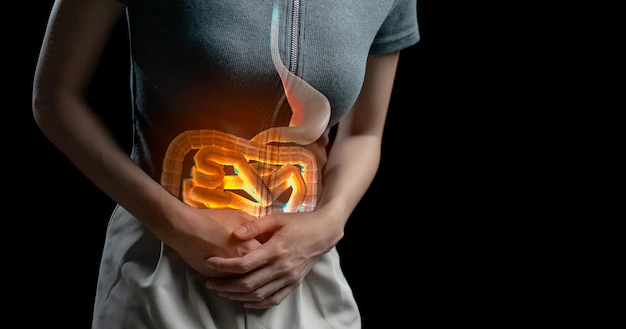Antidepressant Use for Treating Functional Dyspepsia

Functional dyspepsia (FD) is a common digestive disorder characterized by recurring upper abdominal pain, discomfort, bloating, and early satiety without an underlying organic cause. The exact cause of FD is not known, and current treatments are not always effective. Antidepressants have been studied as an alternative therapy for FD due to their effects on the brain-gut axis.
Research has shown that tricyclic antidepressants (TCAs) can be effective in reducing FD symptoms. TCAs are thought to work by increasing the activity of the neurotransmitters norepinephrine and serotonin, which can help regulate gastrointestinal motility and reduce pain perception. However, TCAs can have significant side effects, including sedation, dry mouth, constipation, and cognitive impairment.
Selective serotonin reuptake inhibitors (SSRIs) have also been studied for the treatment of FD, but the evidence of their effectiveness is mixed. Some studies have found that SSRIs can improve FD symptoms, while others have found no significant benefit. The exact mechanism of action of SSRIs in FD is not clear, but they may work by reducing hypersensitivity of the gut and enhancing the function of the enteric nervous system.
Other types of antidepressants, such as serotonin-norepinephrine reuptake inhibitors (SNRIs) and mirtazapine, have been less well-studied for the treatment of FD. However, some preliminary evidence suggests that these medications may also be effective.
It is important to note that antidepressants should only be used for the treatment of FD under the guidance of a healthcare provider. Patients with FD should undergo a thorough evaluation to rule out other underlying conditions that may be causing their symptoms, and a multidisciplinary approach that includes dietary and lifestyle modifications, as well as psychological interventions, should be considered.
